Key Benefits of Intelligent Automation:
Transforms Patient Care
Reduces Referral Backlog
Improves Waitlist Managements
Reduces Clinical Risk
Enhances Data Quality
Increases Workforce Capability

Sharon Osterfield – Transformation Director, e18 Innovation
“In the aftermath of the COVID-19 pandemic, the NHS is confronting a substantial challenge in addressing the backlog of cancer care, potentially hindering national and local goals of timely diagnosis and enhanced outcomes. Embracing the potential of a digital workforce can allow trusts to unlock significant productivity gains, by eliminating a significant amount of manual processing. Moreover, this approach holds the promise of facilitating early detection, thereby reducing clinical risks and improving patient outcomes.”
How Can Intelligent Automation Support the NHS to Deliver on Key Cancer Targets?
Intelligent Automation can be leveraged to support cancer pathways in several ways, including processing referrals, screening, diagnosis, triage and treatments. Automation technology is able to interoperate with all Electronic Patient Record systems and Cancer Registers to ensure productivity is maximised and information is shared in an accurate and timely manner.
Intelligent Automation can also analyse large amounts of disease specific data from multiple sources, at patient level or across regions, to identify patterns and trends that may be useful in cancer research or treatment. This can help researchers improve existing treatments or develop new ones.
Conversational AI can also be utilised to improve patient engagement by providing patients with information about their condition and treatment options, helping them to manage their symptoms and side effects, and supporting them to better manage their own care.


Louise Wall – Founder and Managing Director, e18 Innovation
“By combining the power of advanced technology with the expertise of dedicated healthcare professionals, e18 Innovation is supporting the NHS to transform cancer care and work towards a future where timely, accurate cancer diagnoses and treatment are accessible to all.”
Use Cases:





